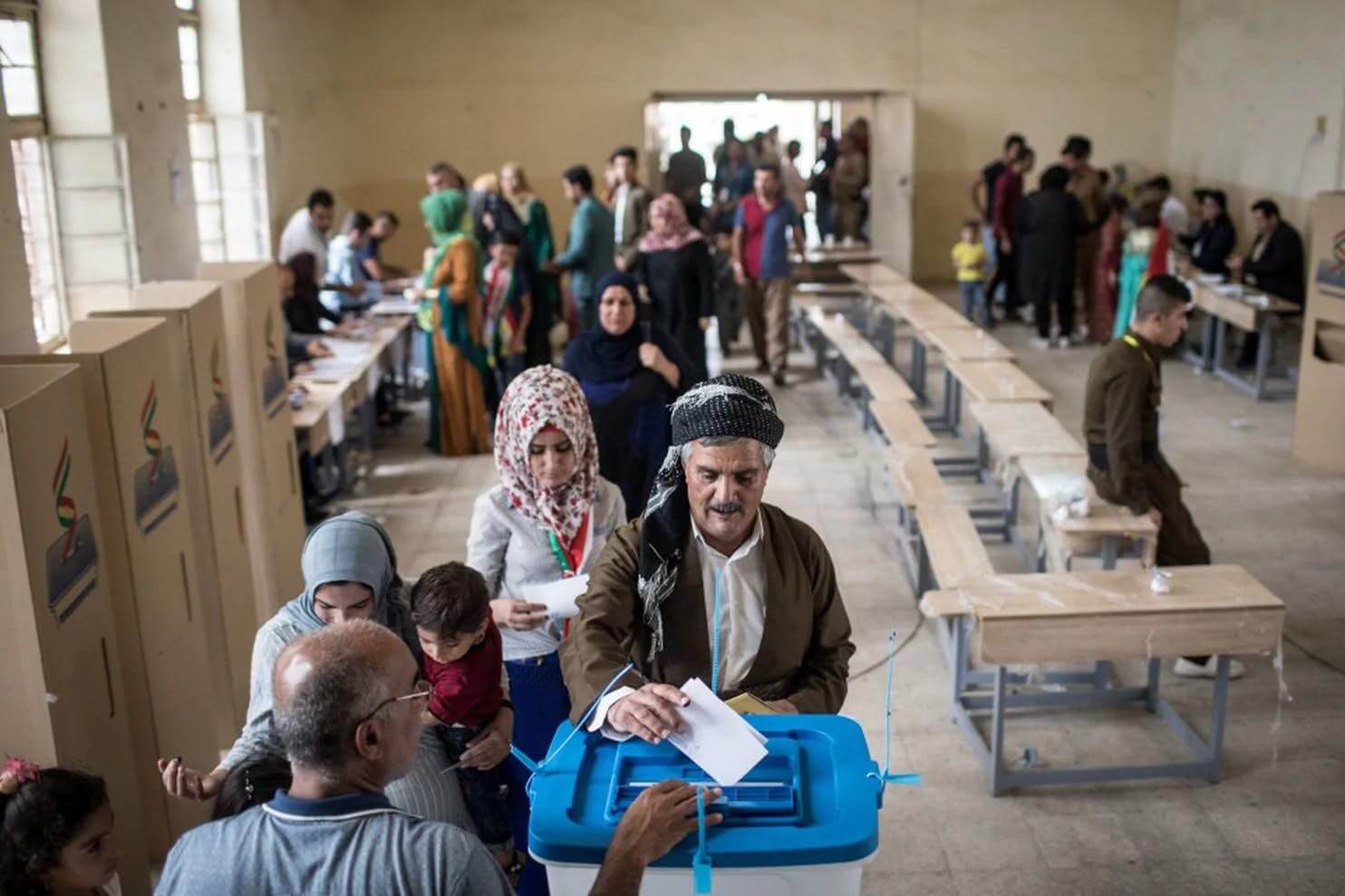Tomorrow, Iraqis will be voting for the first time since their territory was liberated from the Islamic State's rule. Given the current security-related, sectarian and economic challenges facing the country as well the heavy burden of rebuilding Iraq after four years of war, this federal election will play a major role in shaping Iraq's future. The main competition is between a number of Shiite parties which were at one point united, but now have split into a number of competing parties. The main competitors for the position of prime minister are incumbent Prime Minister Haider al-Abadi, former prime minister Nuri al-Maliki, and militia commander Hadi al-Ameri. Likewise, Sunni and Kurdish parties are divided. Under an informal power-sharing arrangement in which certain political positions are allocated to specific religious and ethnic communities, the prime minister is a Shiite while the president is Kurdish and the speaker of parliament is a Sunni. Despite promises of a shift from identity to issue-based politics in Iraq, systematic change is unrealistic with over 90 percent of the coalitions competing for office having been a part of previous elections.
For more information, read this article.
